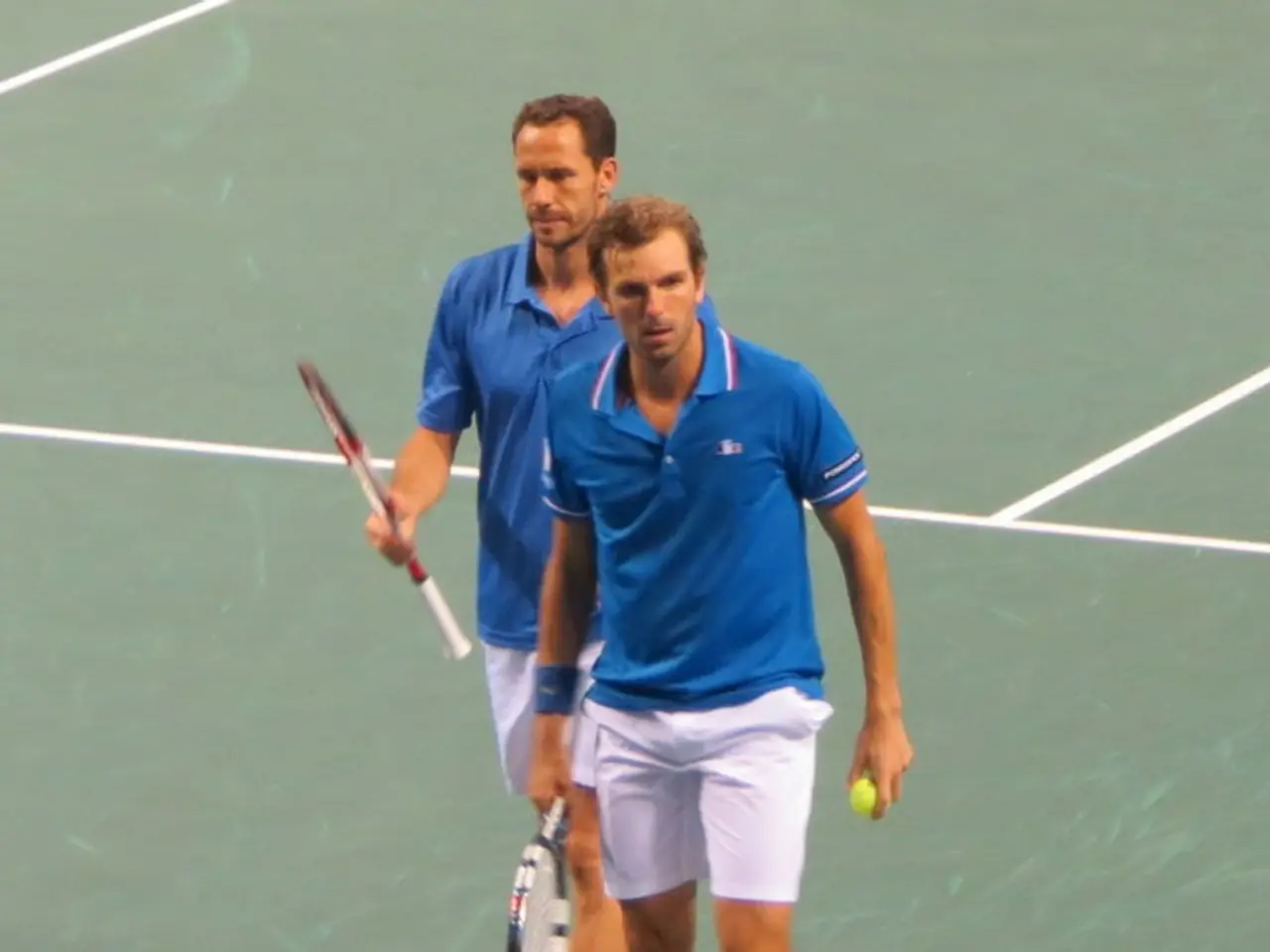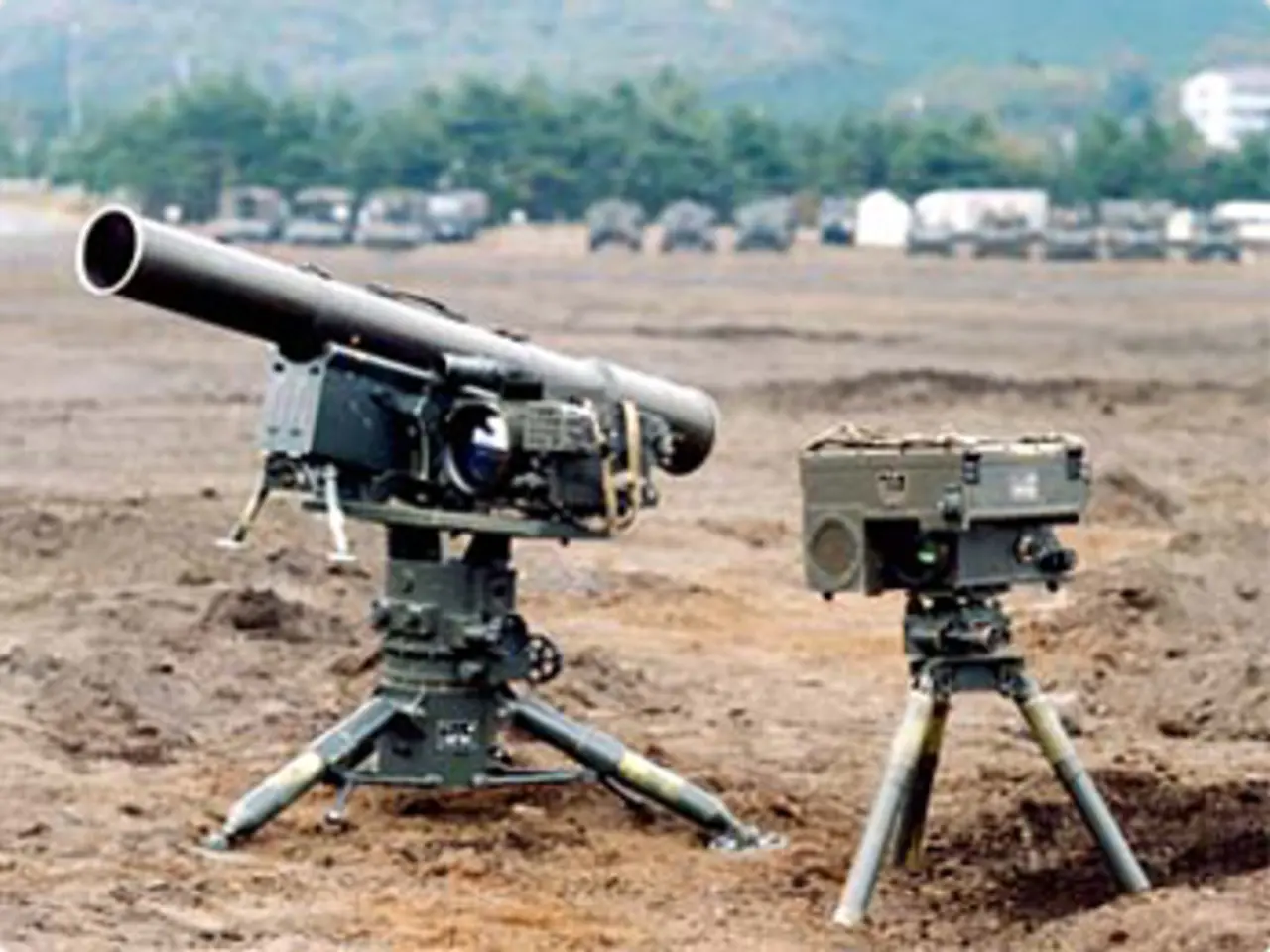EU's Top Court Decides on Contested Case
In a landmark decision, the European Court of Justice (ECJ) has established that decisions by the Court of Arbitration for Sport (CAS) can and must be subject to full judicial review by ordinary courts of EU Member States. This ruling challenges the traditional finality and binding character of CAS awards, particularly in sports-related economic activities within the EU.
The ruling comes as a response to a dispute between a Belgian football club and FIFA, which had prohibited the club from allowing external investors to acquire rights to players, imposed a transfer ban, and fined it in 2015. The club took the case to the Belgian courts, and thanks to the ECJ ruling, the dispute can now continue there.
The ECJ's decision signifies enhanced judicial oversight over CAS awards, with national courts required to provide effective review, not merely limited or "light-touch" scrutiny. This is crucial, especially when fundamental EU rights are involved, such as competition law, free movement, and other principles of EU public policy. Courts are now empowered to examine whether CAS decisions comply with EU competition law provisions and protect the rights of athletes and clubs acting as economic operators.
The ruling also emphasizes the protection of fundamental rights for those affected by CAS arbitration, often imposed unilaterally by international sports bodies like FIFA. Affected parties (athletes, clubs) must retain effective judicial protection, and judicial review is necessary to ensure these arbitral awards do not violate EU fundamental rights and public policy.
The ruling has significant implications for EU public policy and competition law. CAS decisions in disputes involving economic activities in sport within the EU must align with competition law standards and other EU policies. This imposes a legal control layer preventing CAS from acting with impunity, where anti-competitive practices or restrictions on free movement arise.
National courts are now enabled to grant comprehensive remedies, including interim relief and damages related to breaches of EU rights resulting from CAS awards. This reduces finality where awards conflict with EU law, increasing judicial protection for sports stakeholders.
However, the ruling does not mean the end of CAS, according to sports lawyer Orth. International sports arbitration remains important for having worldwide uniform standards regarding the assessment of sports-related matters. The CAS has responded calmly to the ruling, stating that sports judges already apply EU law when necessary. CAS General Director Matthieu Reeb assured that the CAS will continue to mediate disputes worldwide promptly and expertly.
The ruling may have significant implications for the CAS, as it may no longer be able to speak the final word in international sports justice. Future cases are likely to focus on competition law, as athletes and clubs often complain about rules imposed by large associations. The International Olympic Committee stated that it would carefully read the ruling.
A Belgian club has had legal success against FIFA, although no specific details about the case were provided in the article. The courts of the member states must now be able to thoroughly examine the compatibility of CAS arbitration awards with the basic rules of Union law. Seraing, the Belgian club, questioned the independence of the CAS due to its financing by international associations.
This ruling could have wide-ranging consequences for the future of international sports arbitration and the relationship between sports bodies and EU law. As the dust settles, it will be interesting to see how sports organizations like FIFA handle dispute resolution and whether they push for arbitration mechanisms compliant with EU frameworks.
- In light of the ECJ's decision, the judicial review of CAS awards in European leagues, such as Laliga, is now required to be more comprehensive, ensuring compliance with EU competition law provisions, protection of athletes' and clubs' fundamental rights, and alignment with other EU policies.
- Due to the ruling, football clubs in European leagues, like Belgian sides, can challenge CAS decisions that potentially conflict with basic rules of Union law, potentially impacting sports organizations' arbitration mechanisms and their relationship with EU law.






